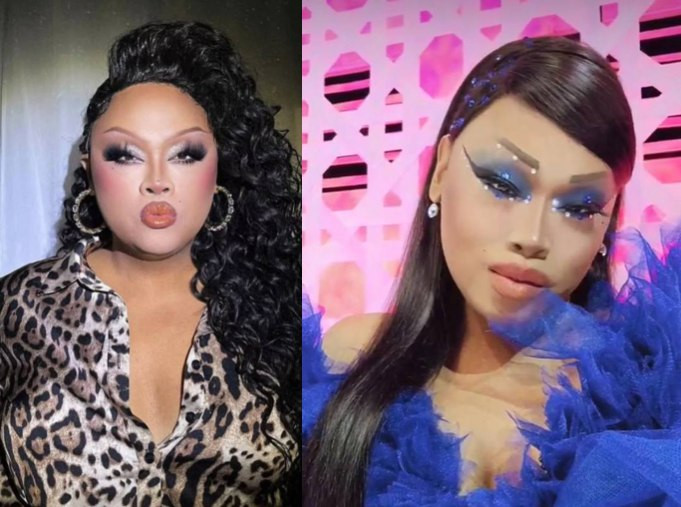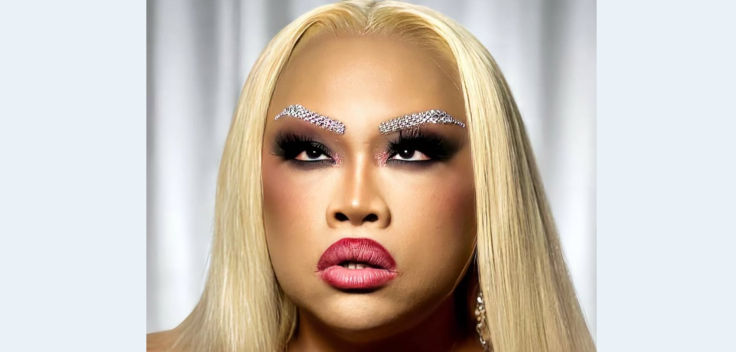Jiggly Caliente Cause Of Death: Did Gender-Affirming Surgery Put Drag Race Star's Life At Risk?
Speculation has grown online that her gender-affirming surgery may have played a role in her death.

The sudden death of RuPaul's Drag Race star Jiggly Caliente has left fans and the drag community in mourning. Jiggly, who was so dearly loved and adored by the Trans community, is still trying to wrap their heads around the health issues she faced in her final days.
The beloved drag performer, whose real name was Bianca Castro-Arabejo, died on 27 April 2025 at the age of 44, shortly after undergoing a leg amputation due to a 'severe infection.'
However, to date, there is no official confirmation on what caused the infection that led to Jiggly's leg amputation, but speculation has grown online that her gender-affirming surgery may have played a role. For now, her family or medical professionals have not confirmed these claims, and no official connection has been established.
Understanding the Medical Risks Related to Gender-Affirming Surgery
Gender-affirming surgery plays an important role in the lives of many transgender women. Although it's always a choice but when opted for, these procedures can vary —ranging from breast augmentation and vaginoplasty to facial and body contouring surgeries. These surgeries help individuals feel more aligned with their gender identity.
However, like any surgical intervention, these procedures come with risks. According to the Mayo Clinic, common complications can include infection, delayed healing, and, in some cases, changes in sensation or tissue damage. In rare instances, blood clots in a deep vein or in the lung or more serious outcomes may occur. Medical experts suggest that proper post-operative care and monitoring are essential to reduce these risks.
That said, most patients undergo gender-affirming surgery without major complications and continue to lead a healthy and fulfilled life. However, some users on TikTok are raising eyebrows on Jiggly's journey with transition and are claiming that she was suffering through complications after the gender affirming surgery, which includes slow recovery from infection due to 'hormone therapy.'
Meanwhile, no official link has been made between Jiggly's infection and any past surgeries, and it remains unclear whether there is any connection at all.
A Career Built on Charisma and Courage
Jiggly rose to fame as a contestant on season four of RuPaul's Drag Race in 2011, after she wooed fans with her outspoken personality, fashion, and vulnerability. She returned to the franchise later for All Stars and, more recently, joined Drag Race Philippines as a judge, continuing to shine as both a performer and mentor.
In 2016, Jiggly came out publicly as a transgender woman, a personal milestone she chose to share in her own time. During a 2018 interview with Billboard, Jiggly said, 'I wanted to make sure that if I was going to come out as a trans woman, I wanted to do it right, and I didn't want it to be about Drag Race.'
She added, 'I wanted to come out because I was ready to come out. I have been living as a trans woman for so long, but I just never told the audience and the fans that. I was actually transitioning while I was on the show, I just never talked about it. I didn't want it to be my storyline, because being a trans woman is not what defines me, and I didn't want me being a trans woman have anything to do with the show. I always wanted to keep my personal life and my work life separate.'
Her story of transitioning while building a public career was deeply meaningful and inspirational for many in the LGBTQ+ community, particularly trans women navigating visibility and identity.

Though the circumstances of her passing remain unclear, what's certain is that Jiggly Caliente's influence will not be forgotten. Her impact went beyond reality TV as she used her voice and visibility to speak up for transgender people, to bring joy through performance, and to remind her fans that living authentically is powerful.
If you or someone you know is seeking support, understanding, or a sense of community, Mermaids provides information and assistance for young people navigating gender identity issues. You can reach them at 0208 123 4819.
© Copyright IBTimes 2025. All rights reserved.




















